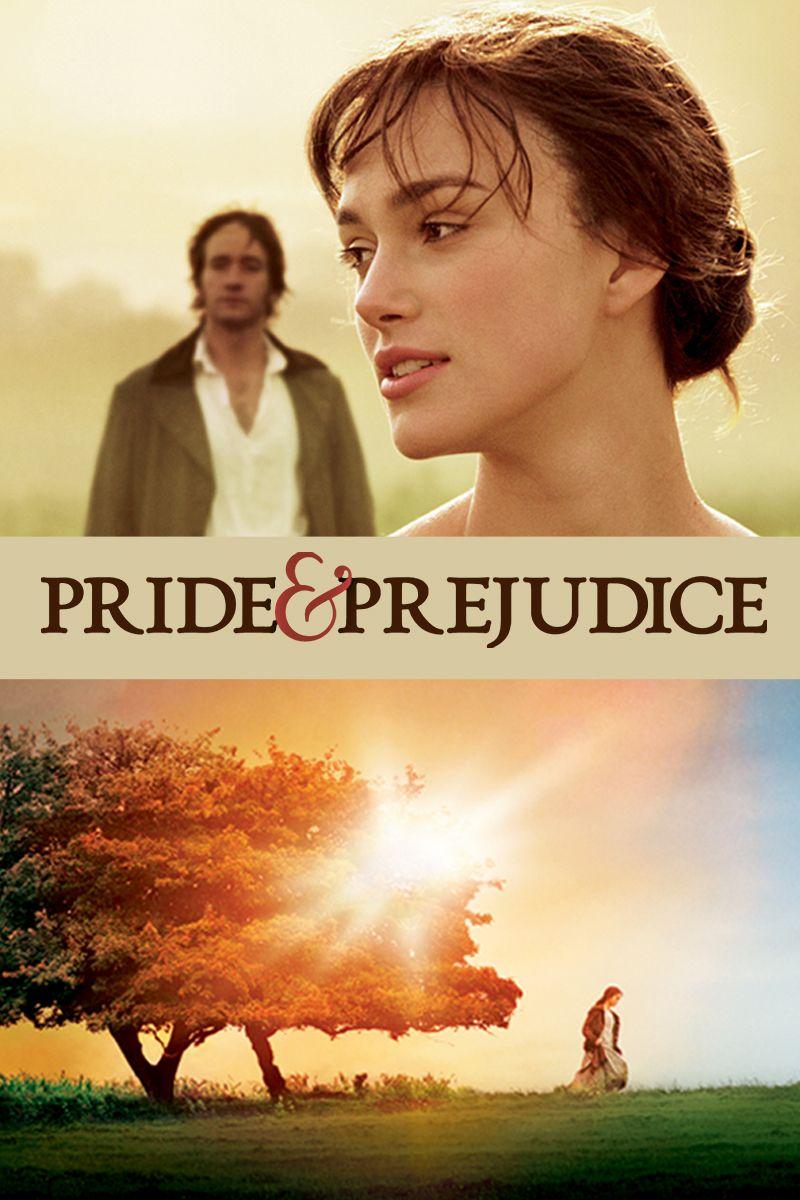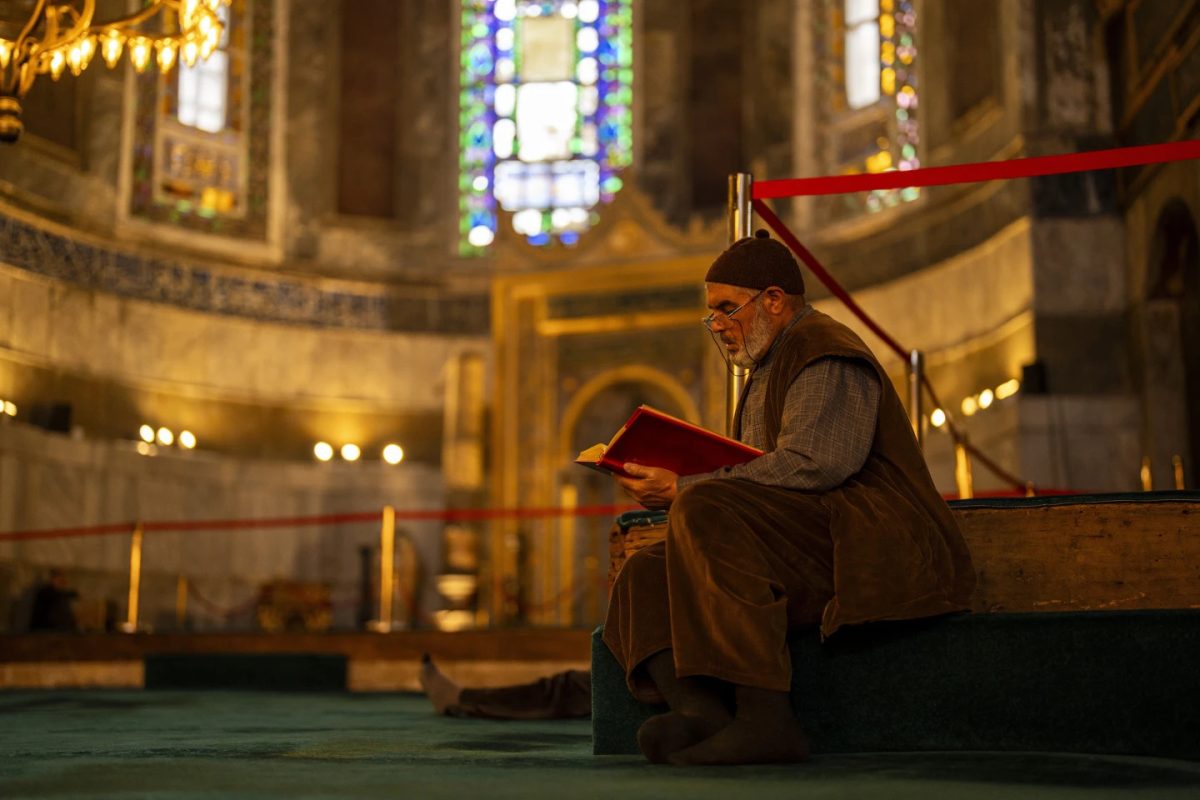It’s no secret that streaming services have skyrocketed in popularity since the onset of the pandemic. I can’t be sure how many hours I’ve wasted on Netflix and HBO Max since last March, but I’m willing to bet the numbers are a bit concerning.
With this surge in viewership, there’s been a lot of Internet buzz about new releases. Most notably, I’ve seen Regency-era drama series “Bridgerton” garnering serious online attention since its addition to Netflix this past December.
The 2020 theatrical release of the recent “Emma” remake based on the 1815 Jane Austen novel also turned a lot of heads around this time last year and received considerably positive critical reception.
I love to see period dramas rising in mainstream popularity and have to admit that I myself am drawn to watching the sometimes ridiculous and always romanticized depictions of the past, hoping to be transported to a different time.
The appeal of this TV time travel has proven itself irresistible for most — but why?
Why are we so obsessed with the idea of being transported back in time? What’s the reason for such hype when modern-day fantasies are just as abundant on seemingly countless streaming platforms?
The more I’ve considered the implications of idealizing the past, the more I’ve realized how often this sort of thing is problematic.
Most well-known and well-loved period films and series take place in eras and settings where marriage is an economic proposition, women and children are still considered the property of men and racism and classism are loudly and openly characteristic of society.
For instance, the 2005 masterpiece “Pride & Prejudice” (starring the one and only queen of period dramas, Keira Knightley) is based on Jane Austen’s 1813 novel about a mother trying her hardest to marry her young daughters off to rich men.
I frequently tout this as my favorite movie of all time, but thinking about the morally confusing situations, including the part where Mrs. Bennett shames her daughter for not accepting a cousin’s marriage proposal, has caused me to consider why I admire it and other period dramas so much.
To be frank, I think it’s simply because it’s different. “Pride & Prejudice” and other period dramas are far from 2021, meaning viewers are not subject to facing our less-than-stellar present situations.
Not only does it allow us a drastic change of scenery, it’s a prospect of a world wherein our eyes aren’t blurry from reading PDF textbooks and our hearts aren’t sickeningly lonely from self-isolating.
It’s a refreshing “new” aesthetic and an oftentimes soothing (albeit overly-romanticized) lifestyle and worldview.
Isn’t it easy to romanticize something so far away and distant from ourselves? It’s almost like building our own imaginary paradises through the rose-colored lens of the privileged Bridgerton siblings or the headstrong, empowered Bennett women.
It’s undoubtedly important to be aware of the social, political and economic situations of the stories we fall in love with and the characters we tend to idolize.
But despite moral dilemmas and problematic pasts, period dramas and their idealized little worlds have undoubtedly bewitched us body and soul, and I don’t think they’re going away any time soon.
Emily Davison is a 19-year-old anthropology and English sophomore from Denham Springs.
Opinion: Why do we love period dramas like ‘Pride & Prejudice’ ‘most ardently?’
February 23, 2021
Pride & Prejudice (2005)







